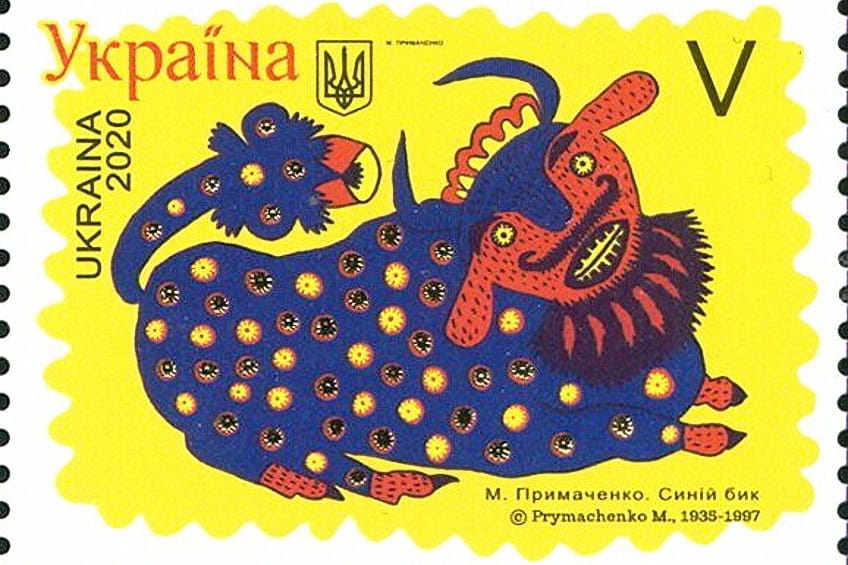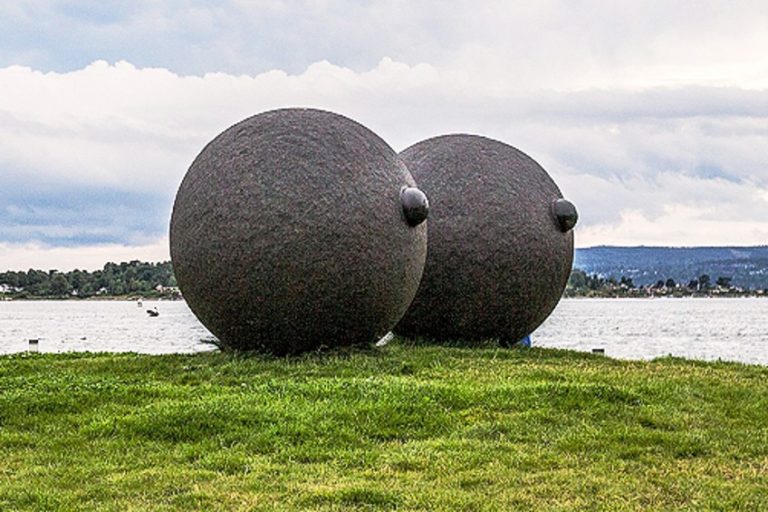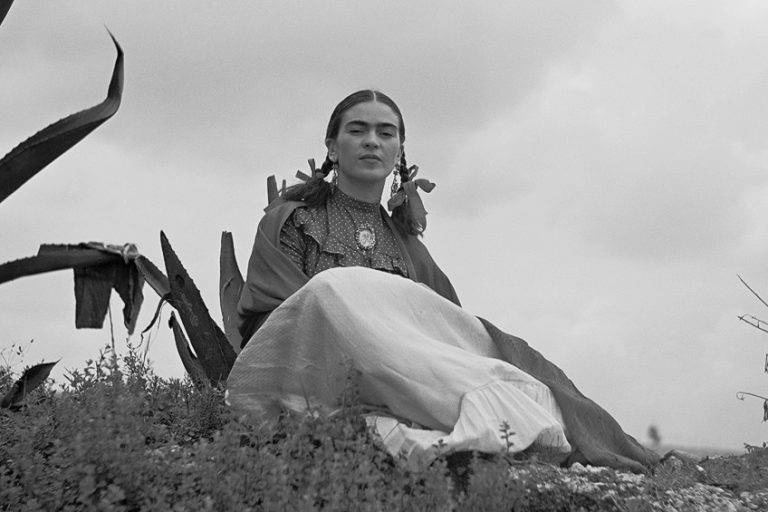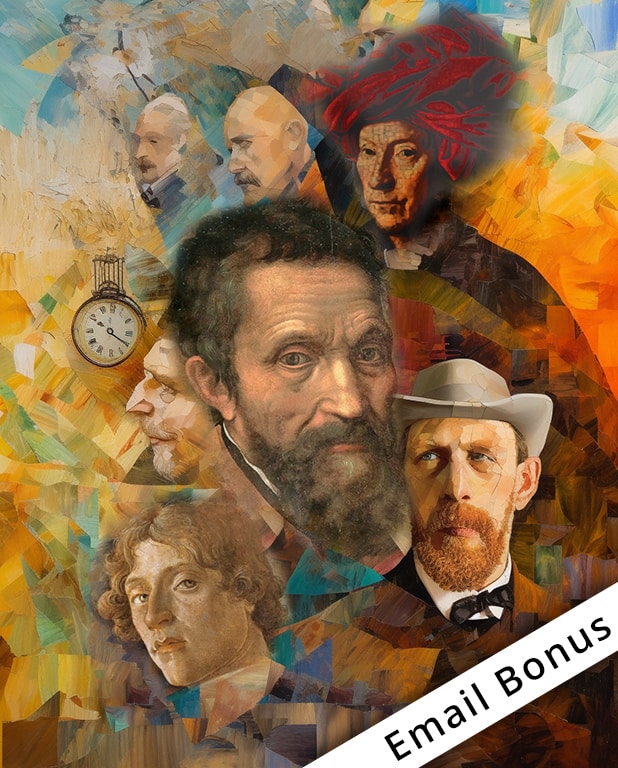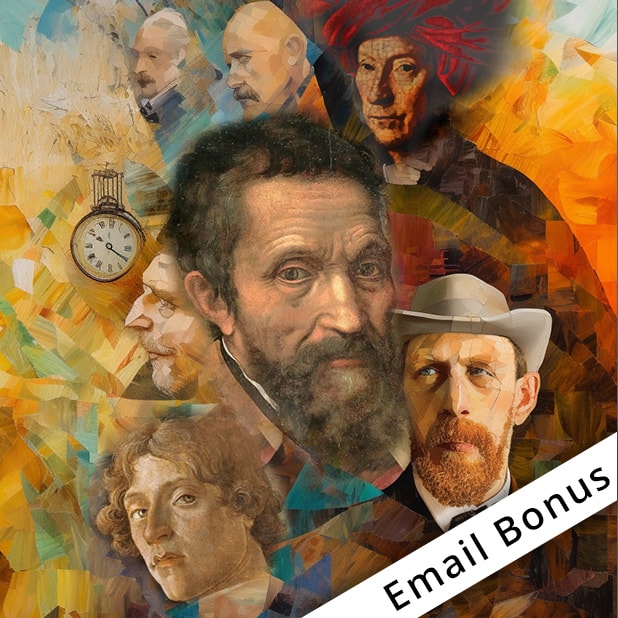Maria Prymachenko – The Folk Art Enchantress
Maria Prymachenko, a Ukrainian folk artist born in 1908, left an indelible mark on the art world with her vibrant and imaginative creations. Known for her distinctive style that blends traditional Ukrainian folk art motifs with her own fantastical elements, Prymachenko’s work has captivated audiences globally. Despite limited formal training, she gained recognition for her intricate paintings depicting mythical creatures, colorful flora and fauna, and scenes from Ukrainian folklore. Prymachenko’s art not only reflects her deep connection to Ukrainian culture but also serves as a testament to the power of creativity and imagination in transcending artistic boundaries.
Table of Contents
Key Takeaways
- Maria Prymachenko was a notable Ukrainian self-taught folk artist celebrated for her naïve art style.
- Her artwork, recognized for its vibrant and symbolic depictions, commonly included themes of peace and nature.
- Prymachenko’s unique contributions to art are immortalized through national honors and continued exhibitions of her work.
Early Life and Background
| Birth | December 30, 1908 |
| Death | August 18, 1997 |
| Place of Birth | Bolotnya, Ukraine SSR |
| Genre of Work | Folk art and Naïve art |
Maria Prymachenko was a Ukrainian folk artist whose work has resonated with audiences worldwide. Born in 1908, Prymachenko was largely self-taught, nurturing her unique talent in a rural setting and overcoming personal adversity, such as childhood polio. Her creative expression bloomed into a collection of vivid and symbolic art pieces that tell a story of her experience and cultural heritage.
Throughout her career, Prymachenko adopted a naïve art style, characterized by a directness of expression and a spontaneous, childlike sensibility. Her art became known for its fantastical imagery, featuring colorful flora and fauna, alongside human figures, often encapsulating themes of peace and unity.
The potency of her work in the realms of painting, embroidery, and ceramics established Prymachenko as an important figure in Ukrainian culture, earning her national recognition, including the prestigious Taras Shevchenko National Prize in 1966.
Beginnings in Bolotnya Village
Maria Prymachenko spent her early years in the village of Bolotnya, Kiev Oblast, Ukraine. She was born into a peasant family, surrounded by the vibrant culture and traditions that would later imbue her art.
Struggle With Polio and Finding Art
As a child, Maria faced a significant challenge when she contracted polio. Despite this, she discovered her passion for art, which became a significant part of her recovery and personal expression. Art was her sanctuary, and through it, she began to create vibrant works that reflected her experiences and heritage.
Influence of Ukrainian Peasant Life
The tapestry of Ukrainian peasant life was a constant source of inspiration for Maria Prymachenko’s artworks. The folklore, natural surroundings, and daily life of her village were vividly captured in her naive art style, comprising painting, embroidery, and ceramics.
These art forms became the canvas on which she portrayed the essence of Ukrainian identity.
Artistic Style and Themes
Maria Prymachenko’s unique contribution to the art world manifests through her bold exploration of themes rooted in nature, her interpretation of peace and war, and her distinctive use of color and form within the naïve art tradition.

Development of a Naïve Art Vision
Maria Prymachenko is widely recognized for her naïve art style, characterized by its self-taught artist expression and lack of formal training. Her work embodies the essence of naïve art with its directness, spontaneity, and use of intense colors.
She utilized painting and drawing to bring to life worlds which resonated with elements of fairy-tales and psychedelic patterns, merging the realms of reality and fantasy.
Animals and Nature in Imagery
Prymachenko’s paintings shimmer with depictions of animals and flowers, often characterized by a vibrant palette and an intrinsic sense of life. The animals in her artwork range from the domestic to the fantastical, depicted within lush and harmonious landscapes. The interplay between nature and living creatures illustrates a world where harmony is evident, and the beauty of biodiversity is celebrated.
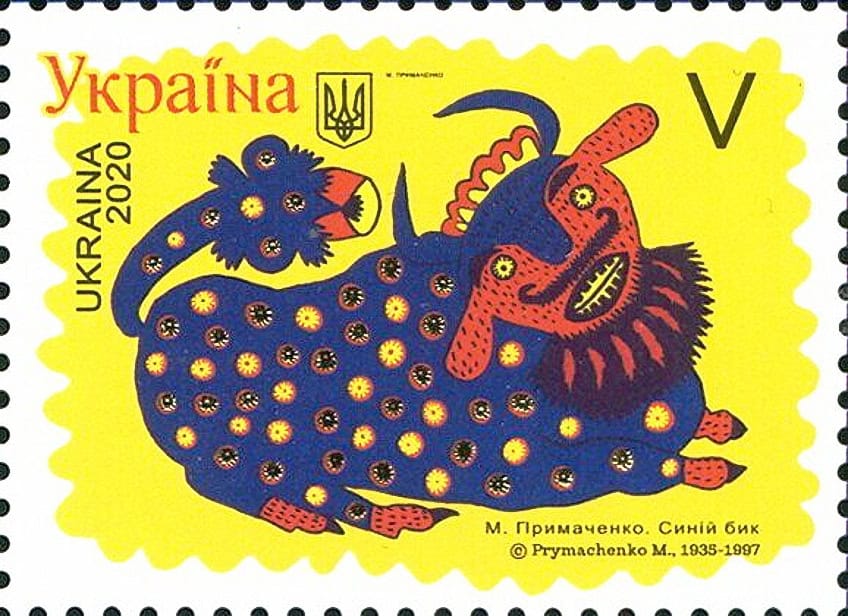
Symbolism of Peace and War
Through her artwork, Maria Prymachenko also addressed profound themes of peace and war. The symbol of the dove, often recognized as a representation of peace, figured prominently in her oeuvre. Prymachenko’s idyllic scenes filled with nature and animals sharply contrasted with the more somber themes that emerged from her experiences during wartime.
This juxtaposition served to underline the dichotomy of good and evil present in human experiences.
Preservation and Exhibitions
Maria Prymachenko’s legacy is preserved through her artwork showcased in museums and exhibitions around the world. The preservation efforts have become particularly significant given the backdrop of conflicts affecting Ukraine, which have threatened cultural heritage.
Museum Collections and Exhibits
Maria Prymachenko’s vibrant paintings are primarily housed and displayed in The Ukrainian Museum in New York and museums across Ukraine. The Ivankiv Historical and Local History Museum, located near Kyiv, once held a valuable collection of her works. However, it endured tragedy when Russian forces advanced into Ukraine in 2022.
In addition to these, her works form part of private collections and have been exhibited internationally, reflecting her influential artistic footprint.
Artwork Survival During Conflicts
During the war in Ukraine, some of Prymachenko’s artworks faced peril. With her work seen as a symbol of Ukrainian cultural identity, its survival has been pivotal. Reports indicated that as Russian forces targeted areas near Kyiv, the Ivankiv Historical and Local History Museum was caught in the blaze. Despite such threats, many of Prymachenko’s pieces have endured, a testament to concerted preservation efforts.
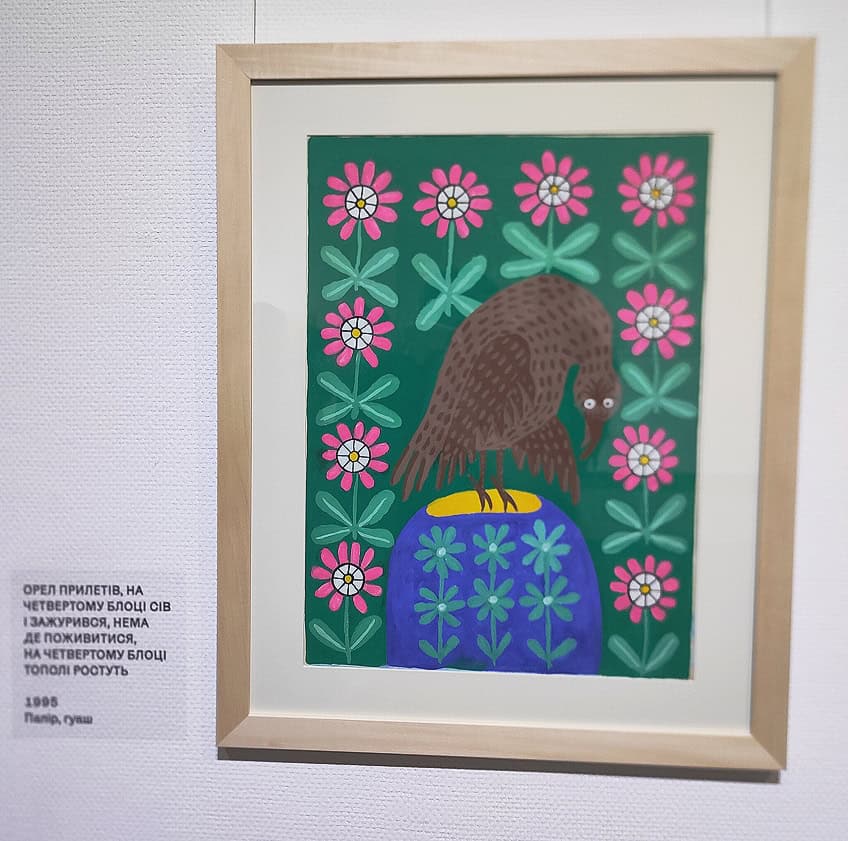
Contemporary Relevance and Display
Prymachenko’s work has gained contemporary relevance through displays that underscore her anti-war sentiments. Exhibitions like “Maria Prymachenko: GLORY TO UKRAINE” at The Ukrainian Museum offer over 100 paintings and unique artifacts that highlight her visionary outlook. Her pieces, once born out of a peaceful rural life, now stand against the backdrop of the ongoing War in Ukraine, participating silently in anti-war protests.
Her exhibitions continue to introduce her legacy to new audiences, emphasizing the resilience and vibrant culture of Ukraine amidst its current struggles.
Legacy and Honors
Maria Prymachenko’s accolades and enduring impact on art are a testament to her talent and her unique visionary approach. Her body of work continues to influence both Ukrainian cultural identity and the wider global art scene.
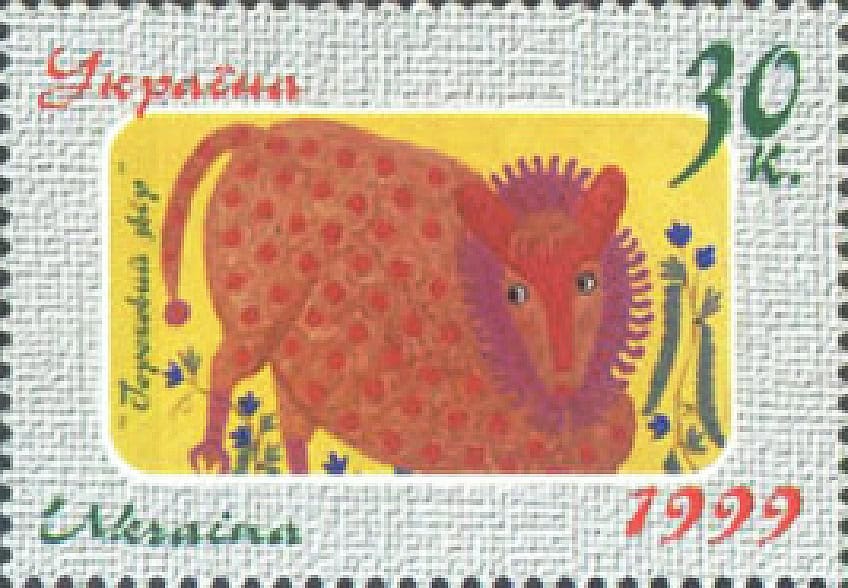
Recognition and Awards
Prymachenko received substantial recognition for her contributions to art, most notably the Taras Shevchenko National Prize of Ukraine in 1966. This prize is one of Ukraine’s highest honors, symbolizing significant achievement in culture and the arts.
Prymachenko Family Foundation
The Prymachenko Family Foundation was established to preserve and promote Maria Prymachenko’s legacy. They play a pivotal role in safeguarding her extensive body of work and ensuring her contributions to Ukrainian culture remain accessible to future generations.
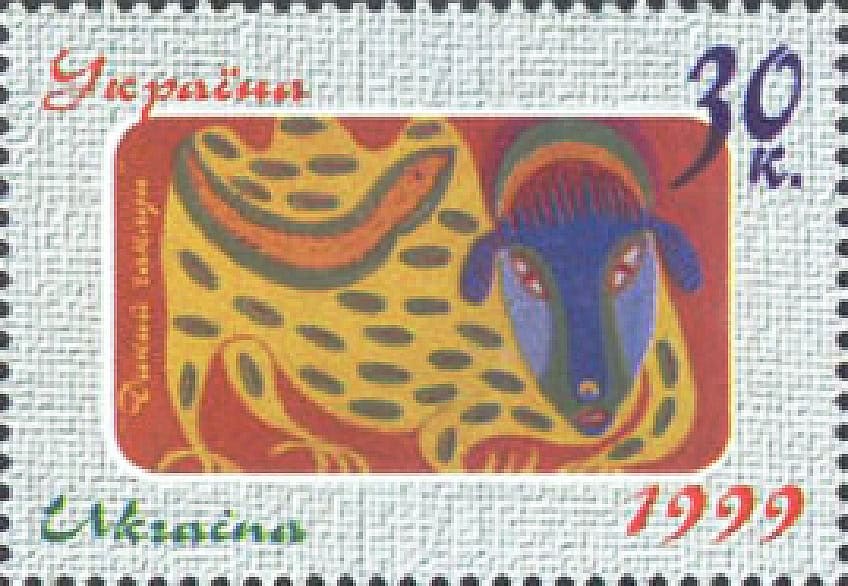
Influence on Ukrainian and Global Art
Prymachenko’s art is synonymous with Ukrainian cultural expression. Icons like Pablo Picasso and Marc Chagall acknowledged her influence and significant role in naïve art. Her artworks have gained attention well beyond Ukraine’s borders, being recognized by international institutions like UNESCO.
Legacy of Prymachenko’s Artwork Today
Even years after her passing, Maria Prymachenko is celebrated as a Beloved Artist. Her commitment to themes of Global Peace and her vivid portrayals of rural Ukrainian life continue to resonate. Recent exhibitions uphold her status as an integral part of the global art narrative and Ukrainian heritage.
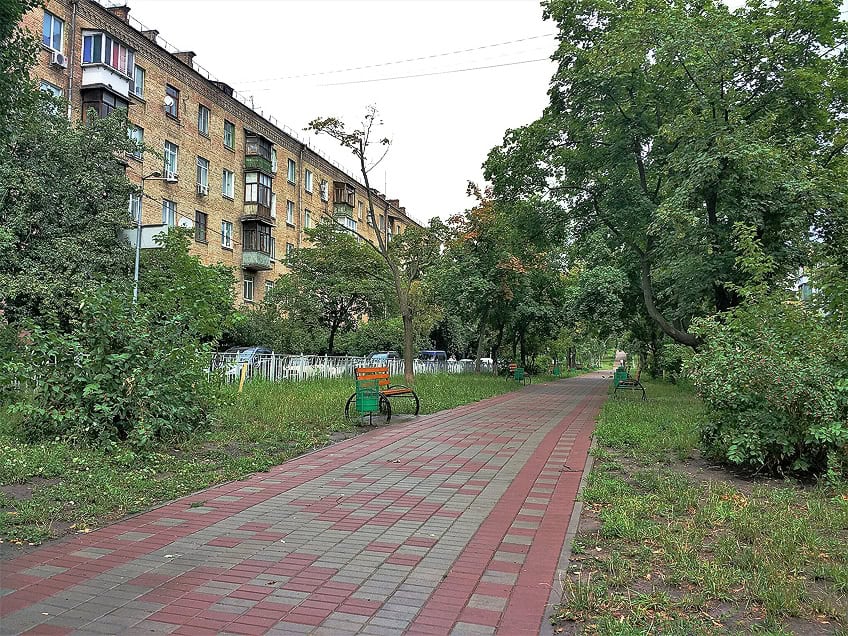
Maria Prymachenko’s legacy in the art world is one of enduring inspiration and cultural richness. Through her captivating artwork, she brought to life the enchanting world of Ukrainian folklore and tradition, blending it seamlessly with her own imaginative vision. Prymachenko’s vibrant paintings continue to resonate with audiences, showcasing the timeless beauty and depth of Ukrainian folk art. Her ability to evoke a sense of wonder and storytelling through her art cements her status as a visionary artist whose work transcends boundaries of time and culture, leaving a lasting impact on generations to come.
Frequently Asked Questions
Are Works of Art by Maria Prymachenko Available for Purchase?
From time to time, original works by Maria Prymachenko do appear on the art market. However, due to her significance in Ukrainian culture and the rarity of her pieces, those interested in obtaining her work should consult reputable galleries and auction houses that specialize in folk or naive art.
Is There a Museum Dedicated to Showcasing the Works of Maria Prymachenko?
In Kyiv, Ukraine, the National Museum of Ukrainian Folk Decorative Art hosts a collection of Maria Prymachenko’s paintings. The museum is a primary institution dedicated to preserving and exhibiting her works, providing an authentic experience of her artistry in its cultural context.
Isabella studied at the University of Cape Town in South Africa and graduated with a Bachelor of Arts majoring in English Literature & Language and Psychology. Throughout her undergraduate years, she took Art History as an additional subject and absolutely loved it. Building on from her art history knowledge that began in high school, art has always been a particular area of fascination for her. From learning about artworks previously unknown to her, or sharpening her existing understanding of specific works, the ability to continue learning within this interesting sphere excites her greatly.
Her focal points of interest in art history encompass profiling specific artists and art movements, as it is these areas where she is able to really dig deep into the rich narrative of the art world. Additionally, she particularly enjoys exploring the different artistic styles of the 20th century, as well as the important impact that female artists have had on the development of art history.
Learn more about Isabella Meyer and the Art in Context Team.
Cite this Article
Isabella, Meyer, “Maria Prymachenko – The Folk Art Enchantress.” Art in Context. April 25, 2024. URL: https://artincontext.org/maria-prymachenko/
Meyer, I. (2024, 25 April). Maria Prymachenko – The Folk Art Enchantress. Art in Context. https://artincontext.org/maria-prymachenko/
Meyer, Isabella. “Maria Prymachenko – The Folk Art Enchantress.” Art in Context, April 25, 2024. https://artincontext.org/maria-prymachenko/.


